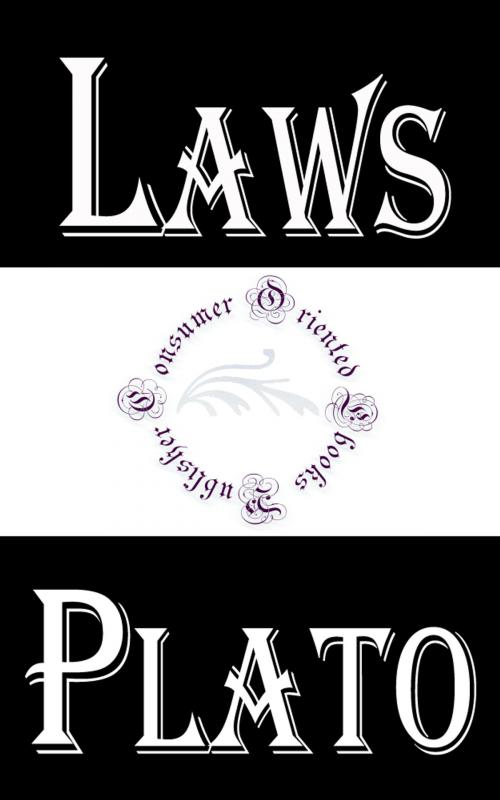Laws
Nonfiction, Religion & Spirituality, Philosophy, Ancient, Political, Fiction & Literature, Classics| Author: | Plato | ISBN: | 1230000312521 |
| Publisher: | Consumer Oriented Ebooks Publisher | Publication: | March 16, 2015 |
| Imprint: | Language: | English |
| Author: | Plato |
| ISBN: | 1230000312521 |
| Publisher: | Consumer Oriented Ebooks Publisher |
| Publication: | March 16, 2015 |
| Imprint: | |
| Language: | English |
The Laws (Greek: Νόμοι; Latin: De Legibus) is Plato's last and longest dialogue. The conversation depicted in the work's twelve books begins with the question of who is given the credit for establishing a civilization's laws. Its musings on the ethics of government and law have established it as a classic of political philosophy alongside Plato's more widely read Republic.
Scholars generally agree that Plato wrote this dialogue as an older man, having failed in his effort in Syracuse on the island of Sicily to guide a tyrant's rule, instead having been thrown in prison. These events are alluded to in the Seventh Letter. The text is noteworthy as Plato's only undisputed dialogue not to feature Socrates.
The Laws (Greek: Νόμοι; Latin: De Legibus) is Plato's last and longest dialogue. The conversation depicted in the work's twelve books begins with the question of who is given the credit for establishing a civilization's laws. Its musings on the ethics of government and law have established it as a classic of political philosophy alongside Plato's more widely read Republic.
Scholars generally agree that Plato wrote this dialogue as an older man, having failed in his effort in Syracuse on the island of Sicily to guide a tyrant's rule, instead having been thrown in prison. These events are alluded to in the Seventh Letter. The text is noteworthy as Plato's only undisputed dialogue not to feature Socrates.















